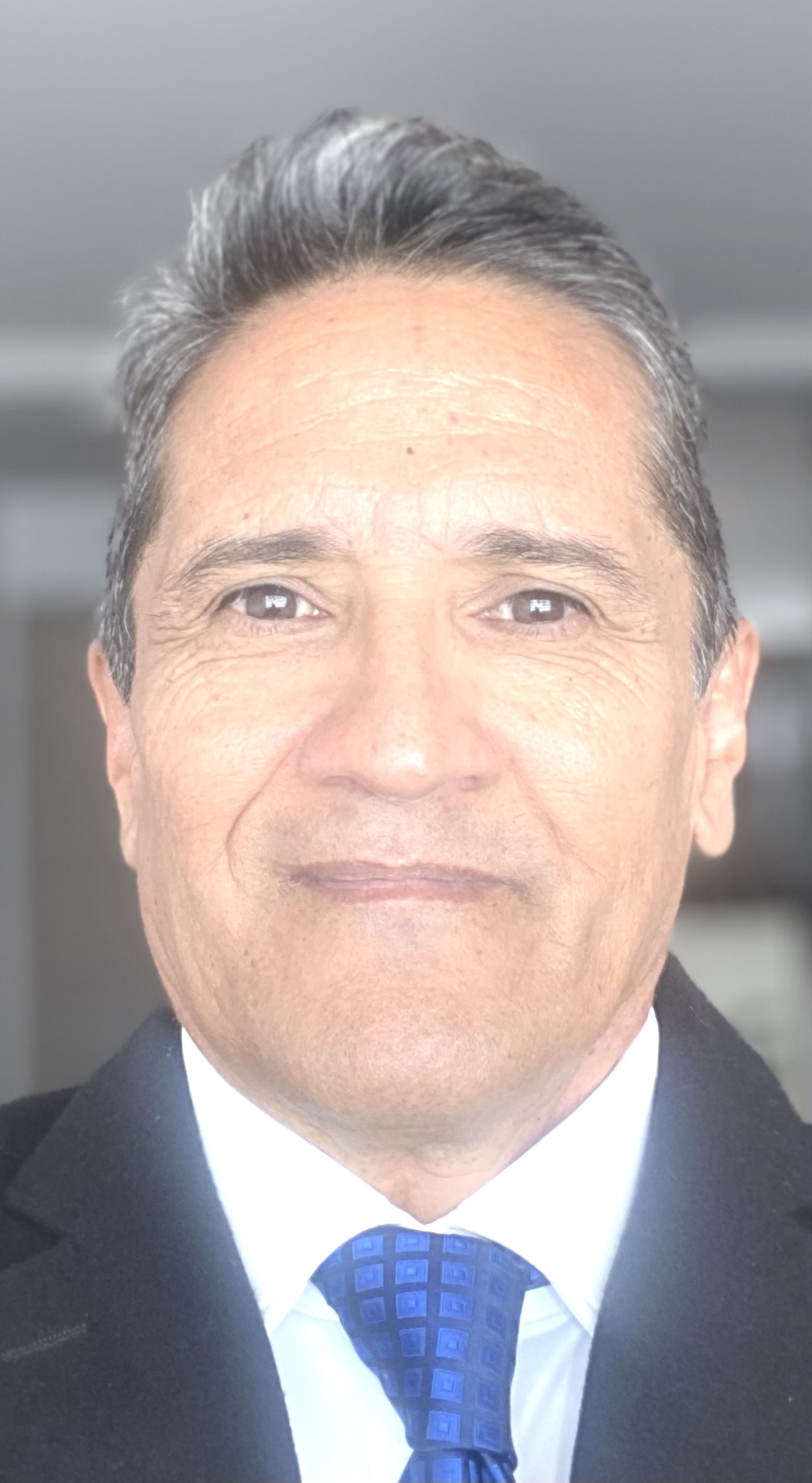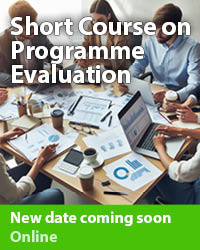Description
During his professional career, which has spanned over 30 years, Dr Diaz found that programme evaluation has been one of the most requested assignments on a global scale.
Different evaluation criteria, key performance indicators (KPIs), and technical standards, on the one hand, and either quantitative or qualitative methodologies, on the other, are used.
There are also different frameworks, log frames, and scorecards to translate data input, facilitate analysis and provide reports that highlight performance, lessons learned, best practices and alternative future paths for programmes and project continuity.
Although, as a first step, it is a good idea to break down the assessment by sectors, territories, stakeholders, etc., it is also considered indispensable to provide an integrated analysis that explains the correlations between these components, and possible side-effects.
Throughout his career, Dr Diaz has found critical gaps within programme and project evaluation that require further attention, for example:
- A polarized approach of either Top-Down or Bottom-Up perspectives.
- Imbalance between Global and Local resources, standards, political context and priorities.
- Poor Monitoring, Evaluation and Learning management.
- Lack of connection between; Strategical, Tactical and Operational objectives and target goals. (Short and Long-Term Planning).
- Need to differentiate the Process from the Results.
- Need to have a more practical interpretation of results to connect science-based evidences to decision-making.
- Inter-relatedness of evaluation criteria instead of single criteria assessment.
- Disconnection between; Cooperation, Coordination, and Communication.
To improve project management, tools needs to be made available that can be used to evaluate programmes. In developing countries, especially as there can be a lack of qualified people with a technical background, there is a need for tools that can be used to evaluate programmes. The aim should be to make project management and programme evaluation more appropriate and mainstream.
Programme
Day 1 (4 Hours)
Discussion of Current Evaluation Criteria
-
- Relevance
- Coherence
- Effectiveness
- Efficiency
- Impact
- Sustainability
Discussion of Current Log Frames
-
- UN-Scorecards
- NGOs-Matrix
Day 2 (4 Hours)
Re-framing the Evaluation Process
- Principles behind the evaluation
- Context of Evaluation
- Questions and Answers: Purposes and Decision-Making
- Data Availability & Time Constraints
- Debriefings Protocols - Engaging key Stakeholders
- 360° Workshops
- 360° Workshops
- Data Management - Building a Narrative of the Programme
- Data Collection
- Desk Review
- Surveys
- Focus Group Interviews
- Report Presentation - Infographics, Maps, Pictures, Videos
- Visual Narratives
Day 3 (4 Hours)
Case-Study Review
- Government Institutions
- NGOs
Presenter
|
Dr Jorge Diaz, is a researcher, consultant and policy-maker at a global scale. Working across three continents (America, Europe and Africa) and leading multicultural and cross-disciplinary teams has built the knowledge, skills, attitudes and awareness to lead change within an organization. Previous examples of organizational change management include work carried out for; United Nations agencies, NGOs, Private Enterprises, Research Institutions and Volunteers Organizations. His work embraces key emerging challenges within; Climate Change Crisis, Humanitarian Aid, and Long-Term Development. Dr Jorge Diaz excels at thinking outside of the box and is driven to find improvements and to lead change, especially if paradigms that support current practices have gone unchallenged for decades without fresh analysis. |
 |


 Wessex Institute
Wessex Institute